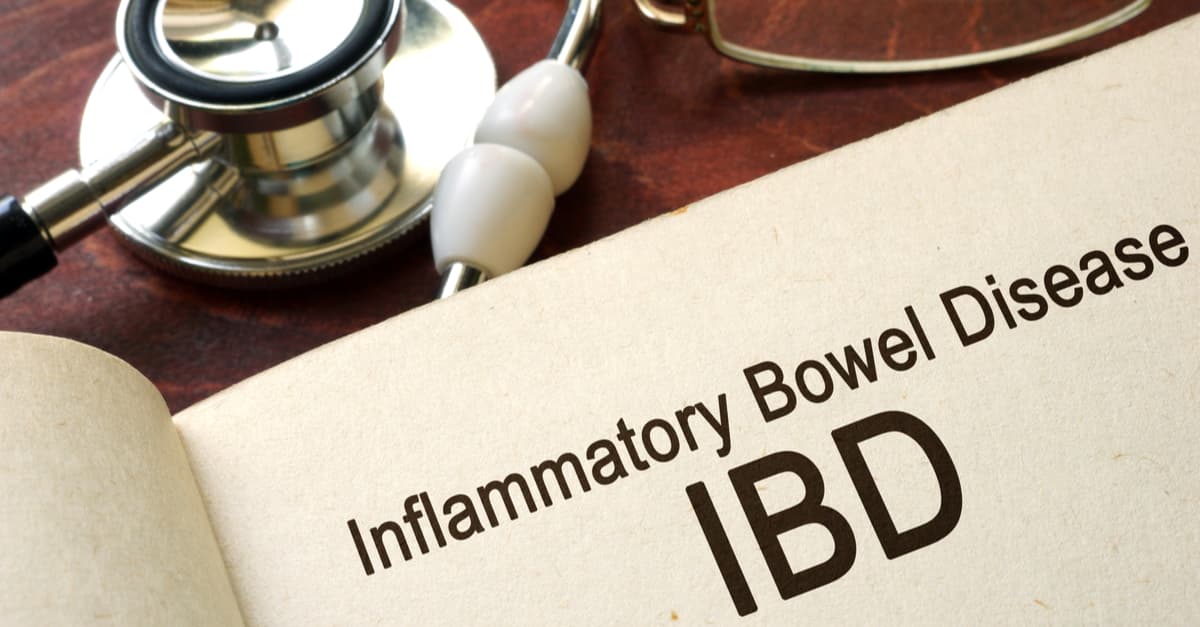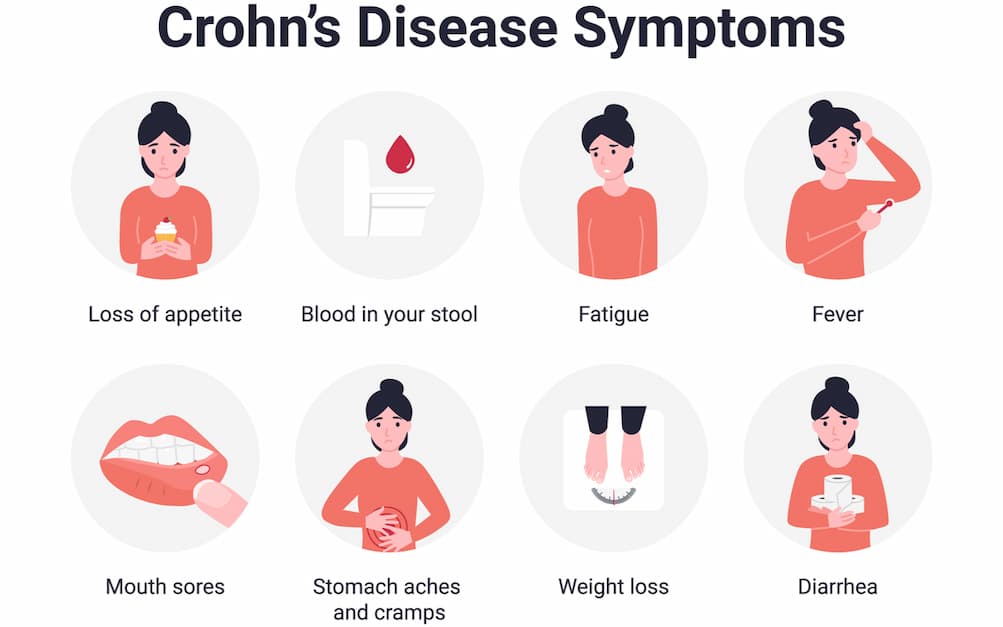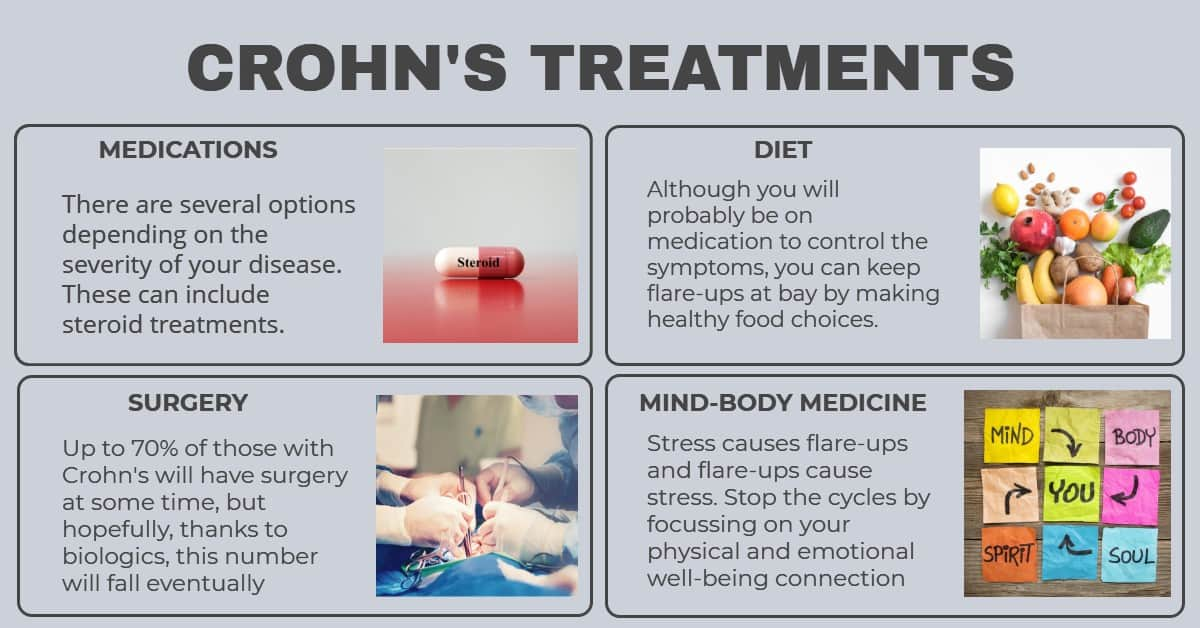Crohns Disease is a condition that can vary a lot from patient to patient. There are a wide range of symptoms that can be experienced, and the condition can vary in terms of severity. This has meant that there is a lot of misunderstanding about what the condition is really like and who it affects. Lack of understanding surrounding certain health issues can lead to sufferers feeling marginalised and stigmas about the illness building up. So, with that in mind, lets take a look at the most important things that everyone should know about Crohns Disease.
A Form of Inflammatory Bowel Disease

Crohns Disease is a form of inflammatory bowel disease where parts of the digestive system (the gastrointestinal tract) become very inflamed. This inflammation is known as chronic inflammation which means it lasts for a long time, or keeps on recurring again and again. The inflammation can happen at any point in the gastrointestinal tract but most commonly affects the small bowel and colon. Crohns Disease cannot be caught, or spread, it is an inflammatory condition that occurs within the body.
Symptoms of Crohns Disease

While symptoms usually begin during childhood, the teenage years or in early adulthood, Crohns Disease can affect people of all ages. It is most common in Caucasian people but it also occurs in people of all races and backgrounds. Unfortunately, it is a lifelong condition, but that doesnt mean that the symptoms are there all the time; people with the disease can have long periods of time when they are well and not experiencing symptoms.
There are many symptoms associated with Crohns Disease, but not every person who is diagnosed with the condition will have all of the symptoms. Some people may have a wide variety of symptoms while others only have a few. In the same way, some people will have more severe symptoms than others. The main symptoms of Crohns include diarrhea, fatigue, stomach pain, passing blood in feces and unexplained weight loss. However, there are a range of less common symptoms, including fever, vomiting, skin problems, mouth ulcers, eye irritation and joint pain. The symptoms a person experiences may depend on the severity of the illness, where the inflammation is occurring and how well managed the condition is.
Symptoms Are Not Always Constant
This is one of the most important things about Crohns Disease and also something that is quite poorly understood by people in general. A person with Crohns disease can experience symptoms all the time, or they can have periods of remission when they are not experiencing the symptoms. The physical effects of chronic inflammation can come and go. The times when the symptoms come back, or get worse, are known as flare-ups. Some people minimize the disease because a person with Crohns Disease may go for quite substantial periods of time without a flare-up, but it is important to remember that the condition does not truly go away and it requires very careful management in order to avoid flare-ups.
The Causes of Crohns Disease are Not Fully Known
Medical experts have advanced our knowledge and understanding of Crohns a lot but there is still much we do not know about what causes the condition. What we do know is that there is a genetic element; a person is more likely to suffer from the condition if they have a family member who also suffers from it. In people with the condition, the body appears to be attacking its own digestive system. This makes it an autoimmune condition, which is when the bodys immune system attacks its own healthy tissue. There may also be links to imbalance in the levels of bacteria in the gut that causes chronic inflammation. There is a higher incidence of Crohns Disease among those who have had other infections in the past, and in those who smoke.
There are Many Treatment Options

While there is not currently a cure for the condition, it can be treated and managed in order to give the patient the best chance of reducing the symptoms and minimising the incidence of flare-ups. Each patient is unique and so the treatment that will work best will vary depending on a number of factors. Some people take medication to reduce the level of inflammation. This is usually in the form of steroids. Other medication can reduce the risk of the inflammation returning. There are a number of different surgical options for severe cases. For mild cases, a more conservative management technique may be advised. There is a lot of ongoing research into this type of condition and new innovations and developments are happening all the time, so the future is bright.
Many People Live a Full and Happy Life with Crohns Disease
Being diagnosed with a long term health condition can be very frightening. Crohns can be an unpredictable disease, especially when trialling out a management program or treatment plan. Flare-ups can be very disruptive to normal life. However, the prognosis for people with the condition is very good if they take the recommended steps to control the inflammation and manage the symptoms. Working with a medical team to find the right treatment and manage the condition with confidence is the best way to move forward and live a happy, healthy life. There are many people with Crohns Disease who live full lives and are not held back by their condition. If you are worried about Crohns or any other condition, then the first step is to talk to a doctor who can give you advice tailored to your own unique needs.

